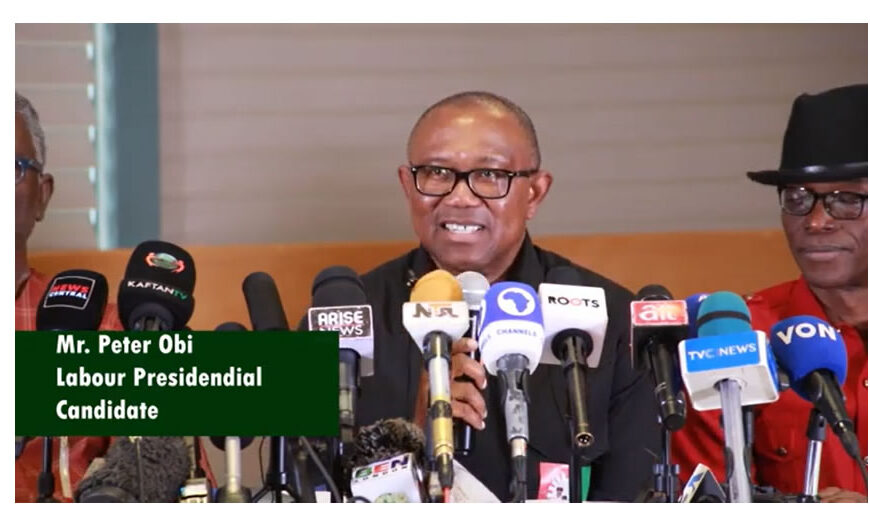Edo Government Bans Illegal Revenue Collections by Transport Unions
Benin City, Nigeria — The Edo State Government has officially banned all forms of illegal revenue collection by transport unions and associations across the state, signaling a firm stance against extortion, multiple taxation, and harassment of transport operators.

The ban, announced by the state government on Friday, aims to restore order to the state’s transport sector and ensure that only authorized government agencies are involved in revenue collection. This decisive action is part of broader reforms targeted at improving transparency, enhancing ease of doing business, and curbing corruption at the grassroots level.
In recent years, commercial drivers, tricycle operators, and other transport workers in Edo have frequently complained about being subjected to multiple levies and unlawful dues by various union officials under the guise of ticketing and daily charges. These practices, often carried out without formal government backing, have been blamed for inflating transport costs and fueling unrest among road users.
According to a statement from the Edo State Ministry of Communication and Orientation, the government emphasized that all revenue collections must be done through designated government channels, using approved payment platforms and receipts. Any individual or group found violating this directive will be prosecuted in accordance with the law.
“The government has not authorized any transport union or association to collect revenue on its behalf,” the statement read. “All such collections are illegal and stand banned with immediate effect. Security agencies have been directed to arrest and prosecute anyone caught engaging in this unlawful activity.”
The government also called on transport workers, drivers, and the general public to report any incidents of extortion or illegal revenue collection to the appropriate authorities, promising swift action against offenders.
In reaction to the development, several transport union members expressed mixed feelings. While some welcomed the decision as a step toward reform and fairness, others voiced concerns about losing their revenue base and jobs linked to ticketing operations. However, the state government reiterated its commitment to creating alternative employment opportunities and retraining affected individuals through its job creation initiatives.
The move aligns with Edo State’s broader governance and anti-corruption agenda under Governor Godwin Obaseki’s administration, which has prioritized public sector reforms and accountability.
As enforcement begins, all eyes are on how effectively the government will implement the ban and sustain discipline in the state’s transportation system.
Wo

















